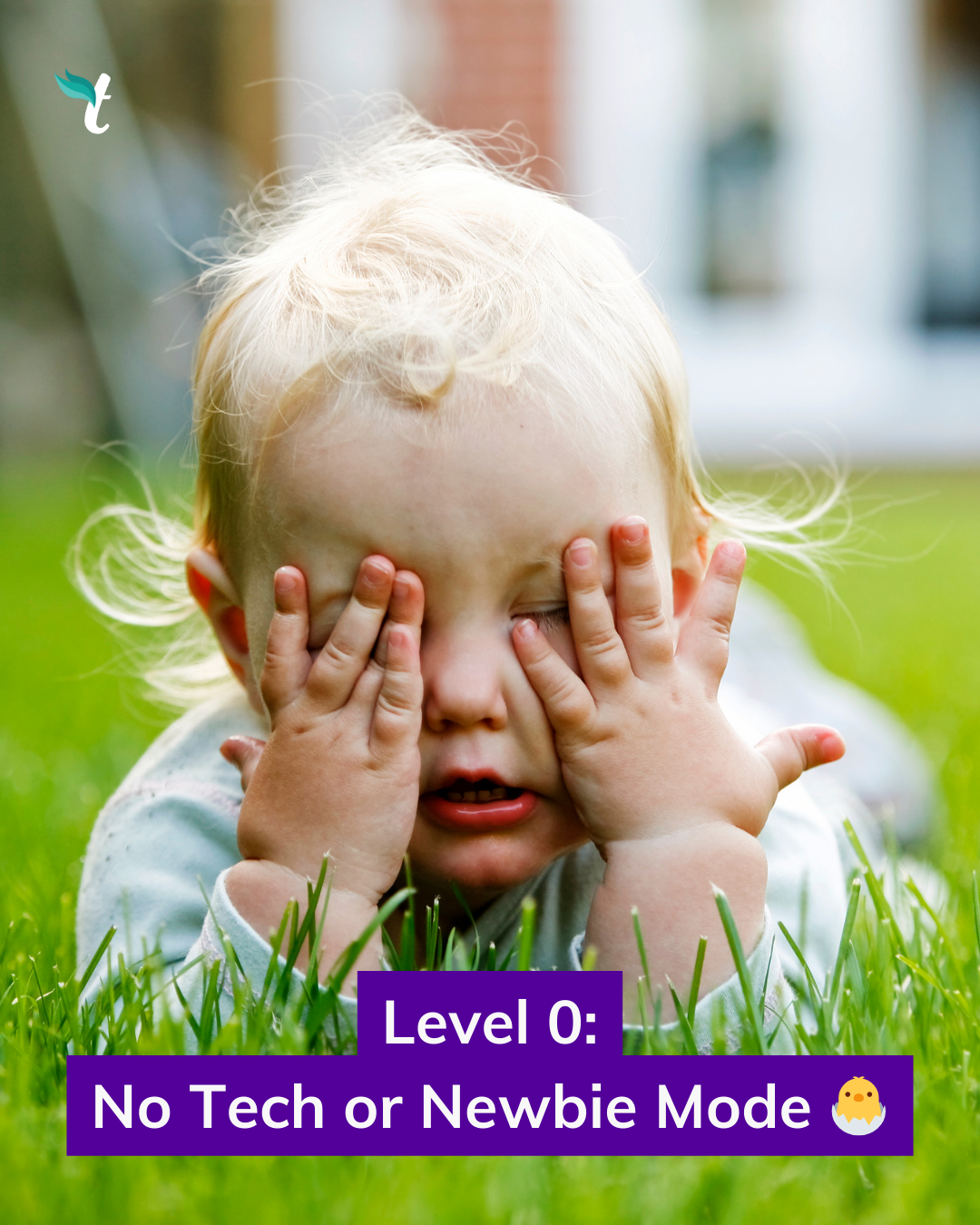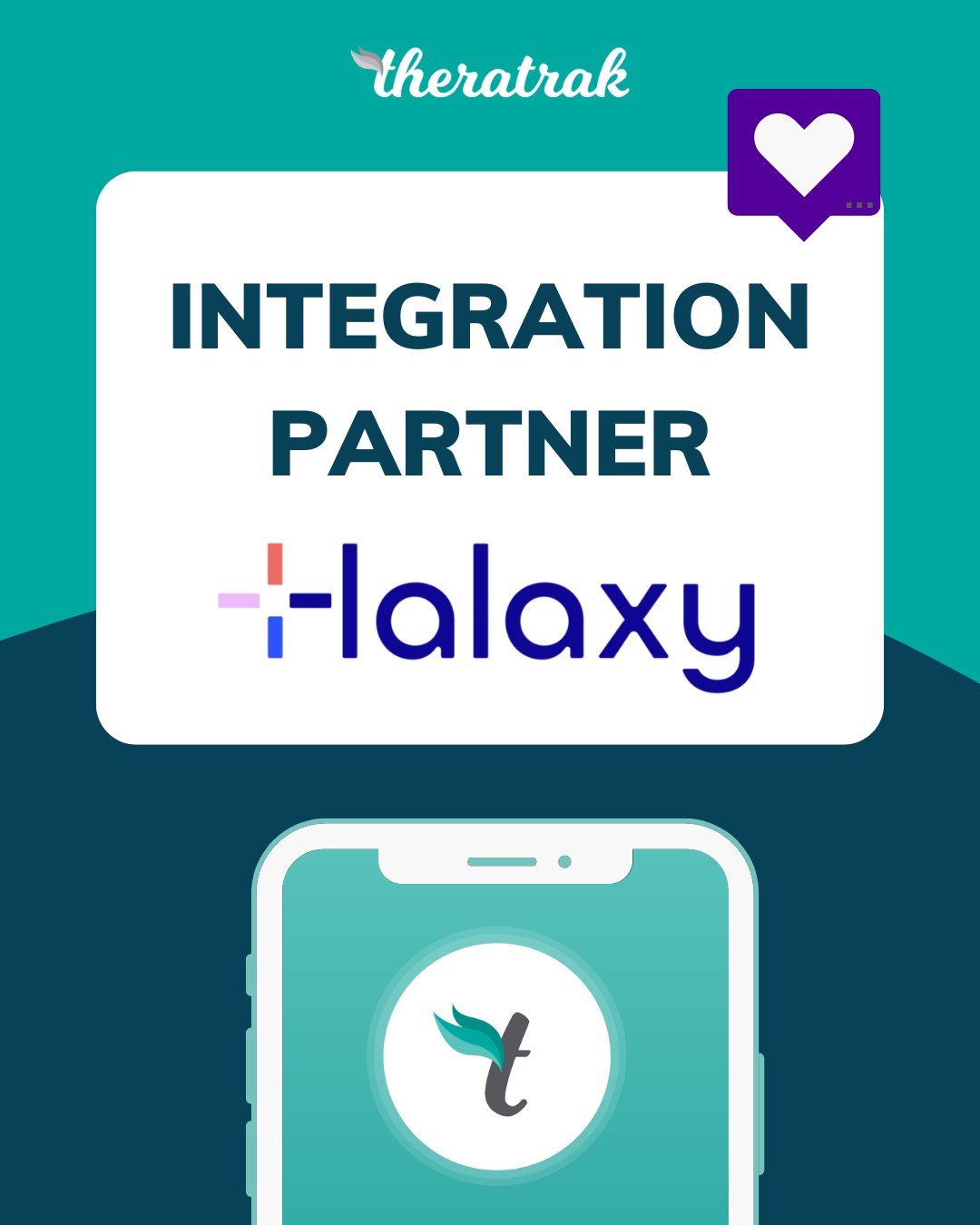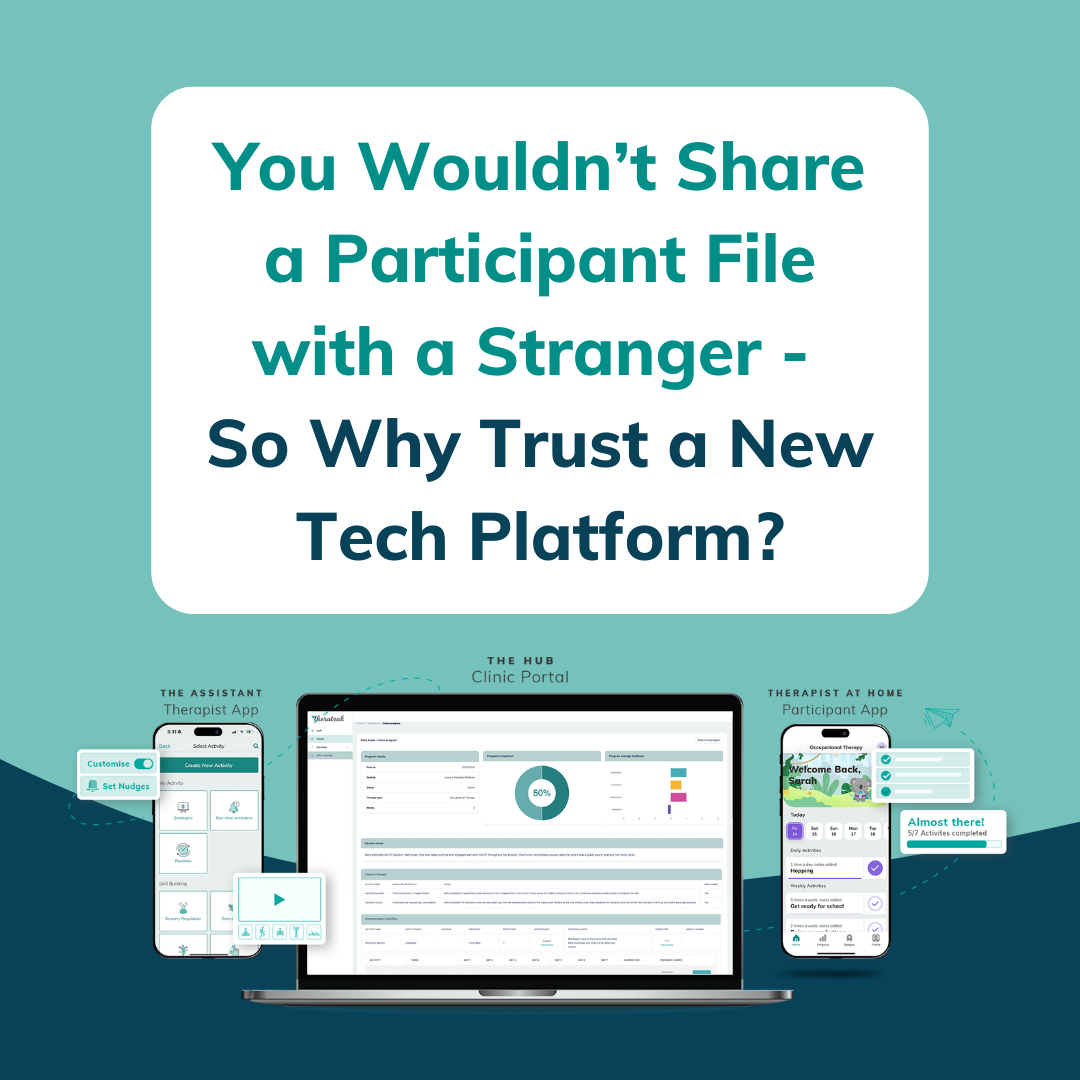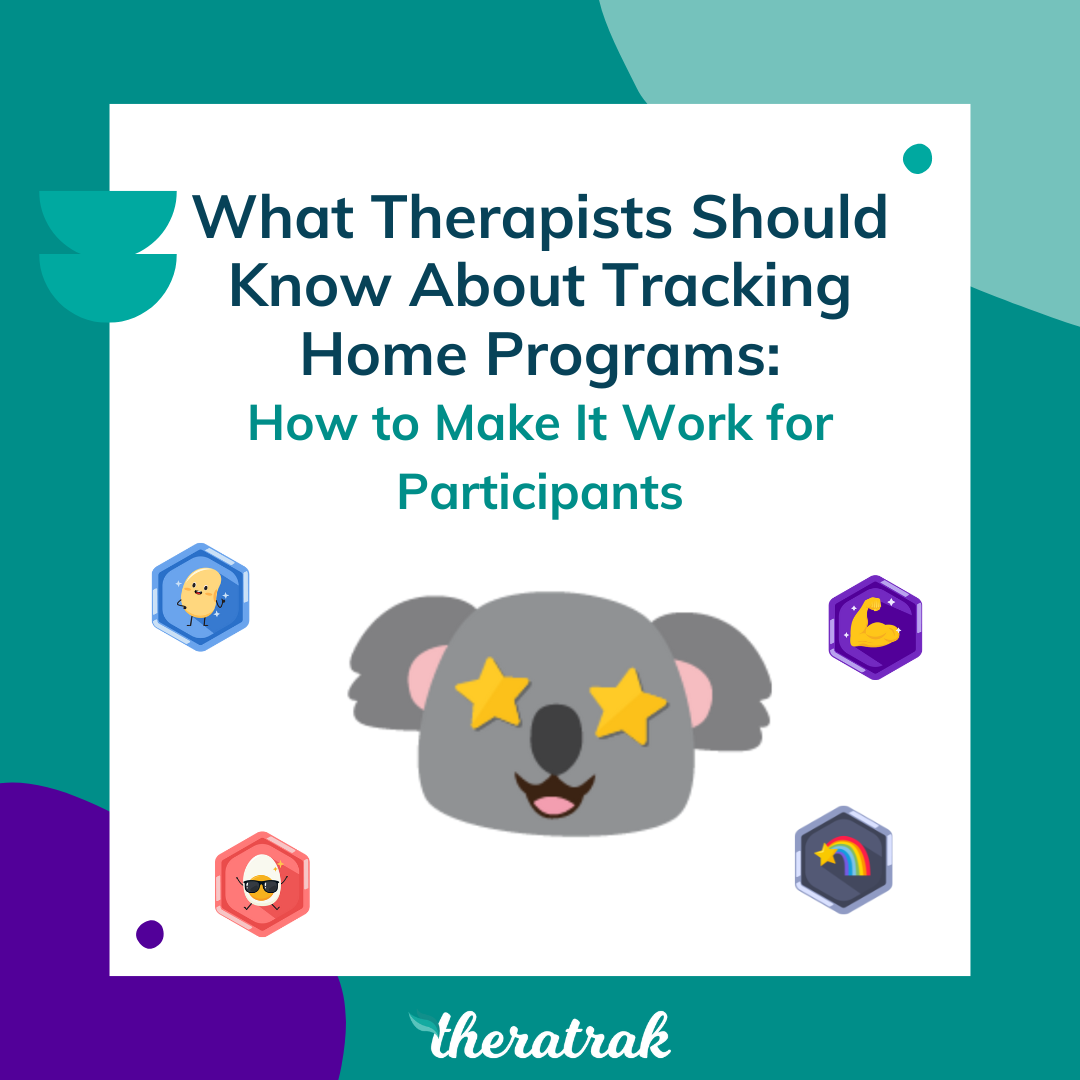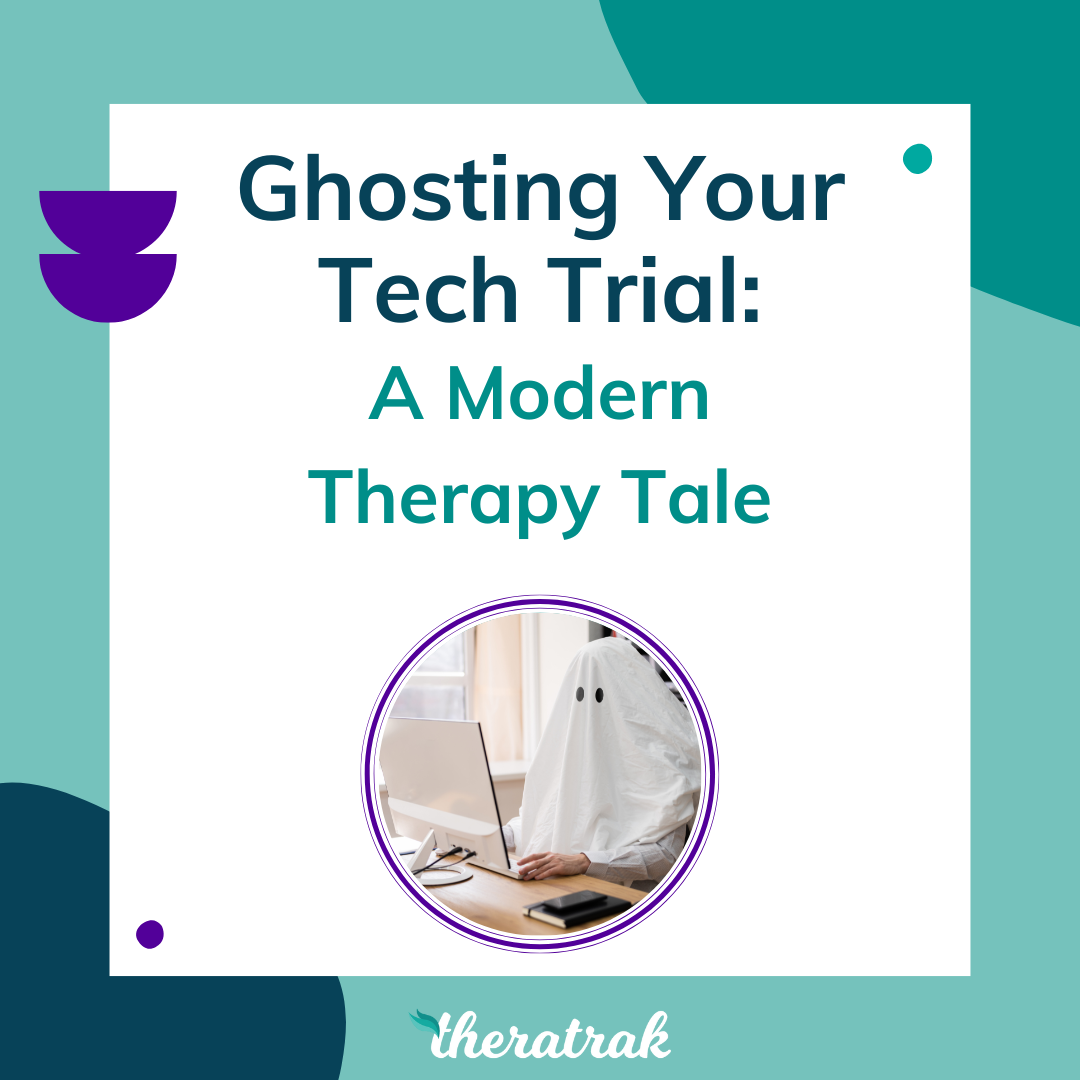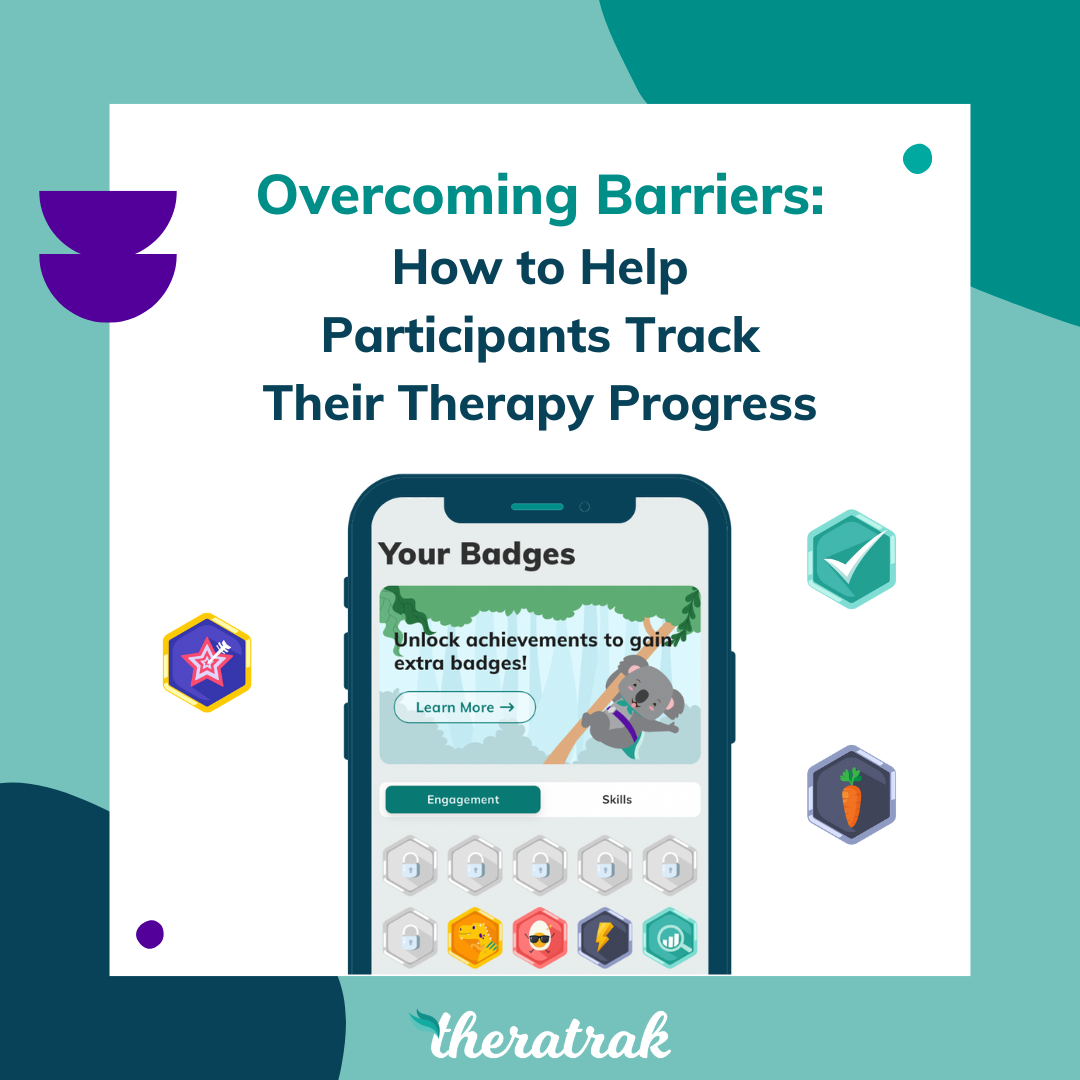Just like within a therapy program, we believe reflection matters.
The end of each year gives us the opportunity to pause, look back on what we’ve built, and consider how far we’ve come.
In 2025, our focus continued to sharpen around supporting clinicians sustainably, improving engagement without increasing admin, and building systems that work with therapy - not against it.
Across events, conversations, content, and product development, this year was about listening closely - and evolving Theratrak in ways that genuinely support therapy practice.
From honest conversations about burnout to steady product improvements behind the scenes, much of this work has laid the groundwork for what’s coming next.
Here’s a snapshot of what the 2025 year looked like for the Theratrak team.
2025 Highlights Across the Theratrak Community
Theratrak Product Progress & Platform Updates
Behind the scenes, the Theratrak platform continued to evolve in response to clinic feedback and day-to-day realities of practice. Our product updates focused on flexibility, transparency and ease of use for clinics.
This year’s Theratrak product updates included:
Simplified onboarding with no credit card required, making it easier for clinics to explore Theratrak. Alongside our 30-day free trial, we’ve made the onboarding process easier, so that therapists can get started, get tracking, and provide more value for their participants quickly.
In-portal licence management, giving clinics more flexibility and control as teams grow (which they often do once a clinic starts to use Theratrak!).
Refined tiered pricing to better align with how clinics actually use the platform with growing teams.
A major milestone has been our Halaxy case management platform integration. Everything we do at Theratrak is done with the goal of easing therapist’s workflows, and this partnership reduces duplication and improves workflow efficiency for therapists. View the IG announcement.
As always with our co-design approach, every update we make has been shaped by real clinic feedback - not assumptions. If you’re interested in testing out our new features before we release them publicly, please get in touch here.
Practical Resources for Therapists
Our blog and resource content in 2025 focused on breaking down shared challenges and offering accessible, clinician-friendly tools to address them.
Some of Theratrak’s key resources included:
Therapist Burnout Bingo - a fun game using humour as a way to open honest conversations about workload, admin burden, and system pressures. View Burnout Bingo on IG here.
The Engagement Checklist - a free checklist designed to help clinics reflect on how engagement is supported across therapy programs alongside tips for improvement.
The 7 Stages of Tech Adoption (and Grief) - a blog post exploring the emotional and cultural workplace realities of adopting new systems in clinics (not just technical), using a relatable framework that resonated strongly with therapists. View the 7 Stages on IG here.
Clinic Quiz - a free 4 question quiz for therapists and clinics to evaluate how much time they could save by using Theratrak. Answer four questions and we’ll share an estimate of how many hours you could save with Theratrak each week. Times the hours saved by an hourly rate and you have how much money your clinic could save each week! View more info about the Clinic Quiz on IG here. Take the Clinic Quiz here.
Have some feedback for us about our resources? Send us a message here.
Participated in Multiple Industry Events
We were grateful to be a part of meaningful events with dedicated allied health clinicians, educators, researchers, students and lived-experience advocates at a range of events this year.
Each event offered important perspectives on how therapy is delivered, experienced, and supported.
Below is a snapshot of the events the Theratrak team were happy to be part of:
Occupational Therapy Australia (OTA) Conference - Adelaide, South Australia
The Theratrak team exhibited at the Occupational Therapy Australia (OTA) Conference, engaging with OTs around digital workflows, engagement, and sustainability in practice.
We ran our now well-known Burnout Bingo with therapists, gathering insight into the everyday pressures contributing to burnout in clinics. For these OTs, the most common burnout contributing activities they engaged in were:
Back to back sessions and meetings with no breathing space
Eating lunch and typing notes at the same time
That “quick phone” call that turned into 45 mins
Treating coffee as an essential food group (!)
Next year, Theratrak Founder Laura Simmons is once again on the OTA Conference Committee contributing to an innovative line-up of inspiring speakers and events - including the Pitch It Competition. Let Laura know if you’ll see her there.
Kids Source Disability Expo - Sydney, New South Wales
At the Kids Source Disability Expo, Laura valued connecting directly with families and other service providers navigating the complex world of disability support offers.
Think Autism Conference - Sydney, New South Wales
At the Think Autism Conference, Laura participated in a panel centred on neuroaffirming systems designed by and for autistic people alongside Anita Aherne from Living on the Spectrum, Holly Fowler from Wable app, Natasha Siryj from Practice Inclusion, and Kate Lambridis from Human Health.
Laura said of the event: “It was such a privilege to be part of this panel and share why co-design matters so deeply to us at Theratrak. Tech only works when people actually want to use it - and that starts by designing it with the people who need it most.”
Go Beyond Therapy Conference - Online
With a focus on new approaches to family support, Laura joined the Go Beyond Therapy Online Empower & Thrive Conference, which focused on confidence, growth, and therapist wellbeing. Laura led a practical and engaging session titled “Going Digital: How to Get the Most Out of Your Therapy Sessions”. The interactive workshop explored using digital tools to enhance therapy sessions, the real benefits (and challenges) of going digital in allied health, and strategies to encourage therapists to adopt digital solutions - and how to overcome common barriers.
SARRAH - Online
Following on from the inspiring SARRAH Conference in Mildura in October 2024, this year, Laura joined the SARRAH team online to explore how digital innovation can better support those in regional and remote communities. Laura discussed Future-Proofing Therapy: Leveraging Digital Innovation in Regional Communities. Laura shared real case studies and research on how digital tools like Theratrak are transforming therapy in rural areas - making high-quality care more accessible and bridging the gap for regional healthcare providers.
Across all of these events, one message consistently stood out: clinicians want tools that are flexible, respectful of clinical reasoning, and realistic within busy environments.
If you’d like to engage Laura as a speaker at your next event, please get in touch here. Find out more about Laura’s speaking experience here.
OTA Connections Feature
This year, Theratrak was featured in OTA Connections Magazine, contributing to broader industry conversations about engagement, burnout, and the role of digital tools in allied health. In this Member Spotlight, Laura reflects on her journey from paediatric OT to digital health founder - sharing key inspiration for her role, the importance of leading with purpose, and why collaboration is at the heart of Theratrak’s mission. “I am always interested in meeting and learning from other innovative OTs around the world. I love discovering the positive social purpose behind their innovations.” View the feature on IG here.
Laura appreciates being featured alongside occupational therapy leaders while sharing practical insights - not just product updates - with the profession.
Big Plans for 2026: Major Product Updates
Behind the scenes, we’ve been working on significant updates to the therapist portal, with a strong focus on reporting, progress tracking, and usability. These changes are designed to make everyday workflows clearer, lighter, and more sustainable over time. Keep a lookout on our socials in 2026 for the announcement in the early new year!
We’re continuing to focus on creating a platform that supports clinicians to do what they do best - supporting participants - while we reduce unnecessary friction and admin along the way.
A huge thank you to the clinicians, clinics, researchers, partners, and community members who shared feedback, attended events, engaged with our content, and helped shape 2025 for Theratrak.
We’re looking forward to 2026!



